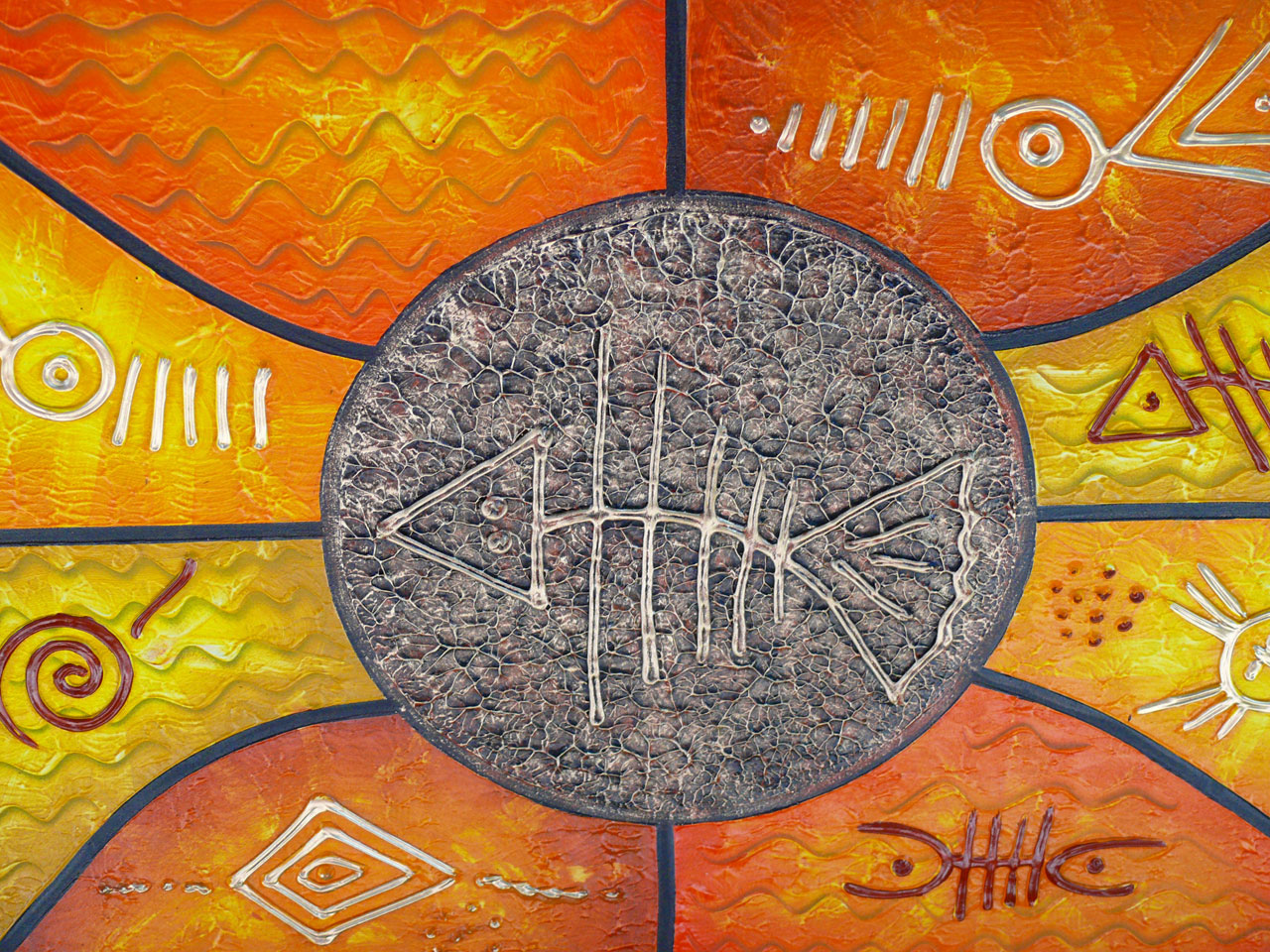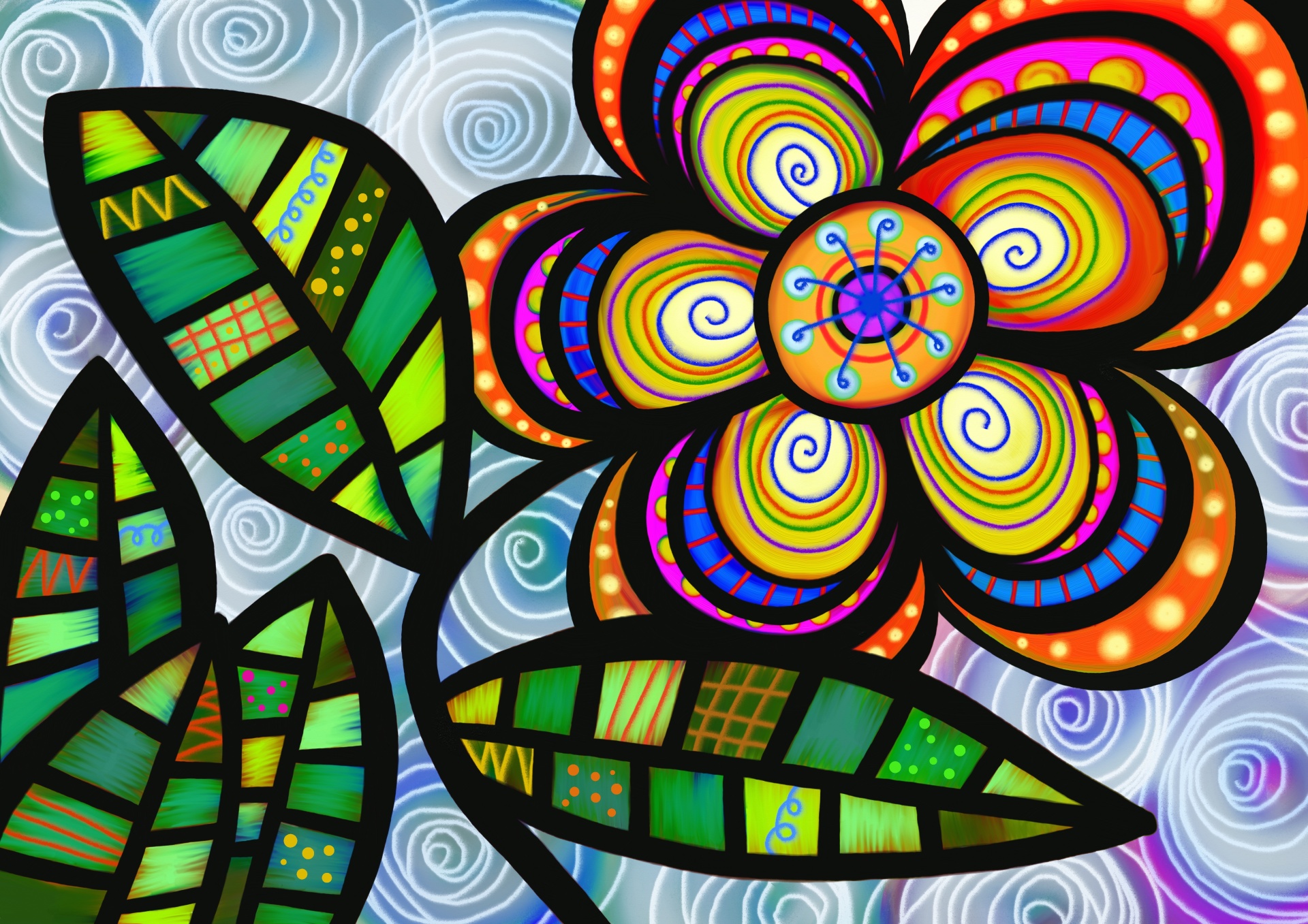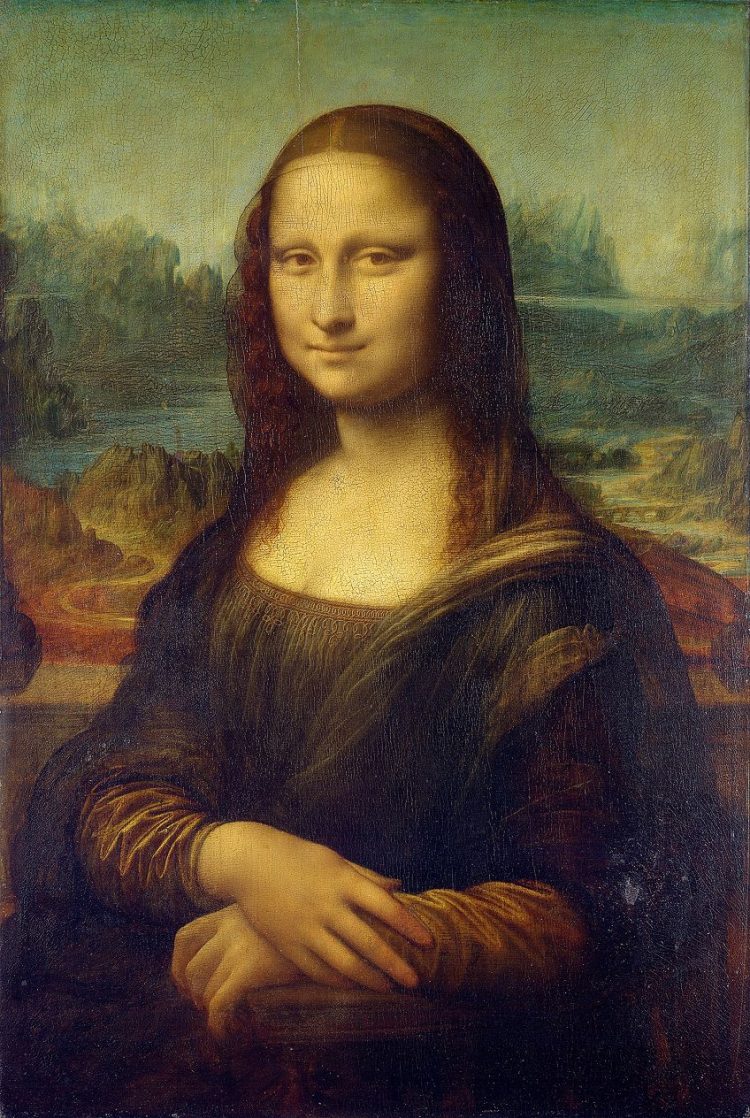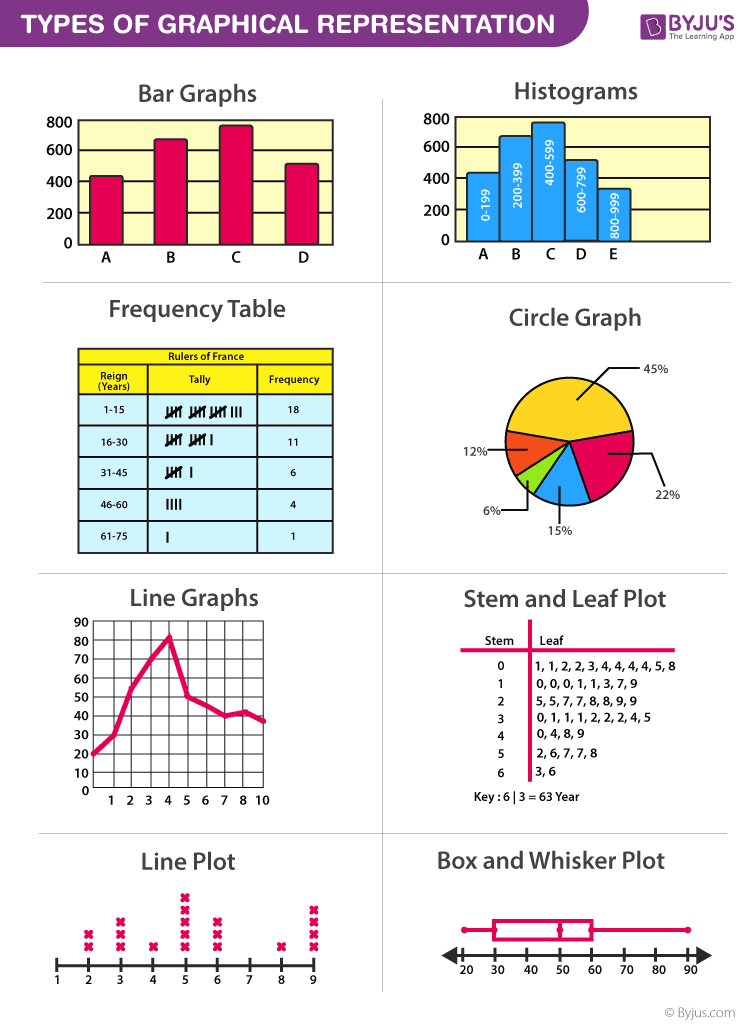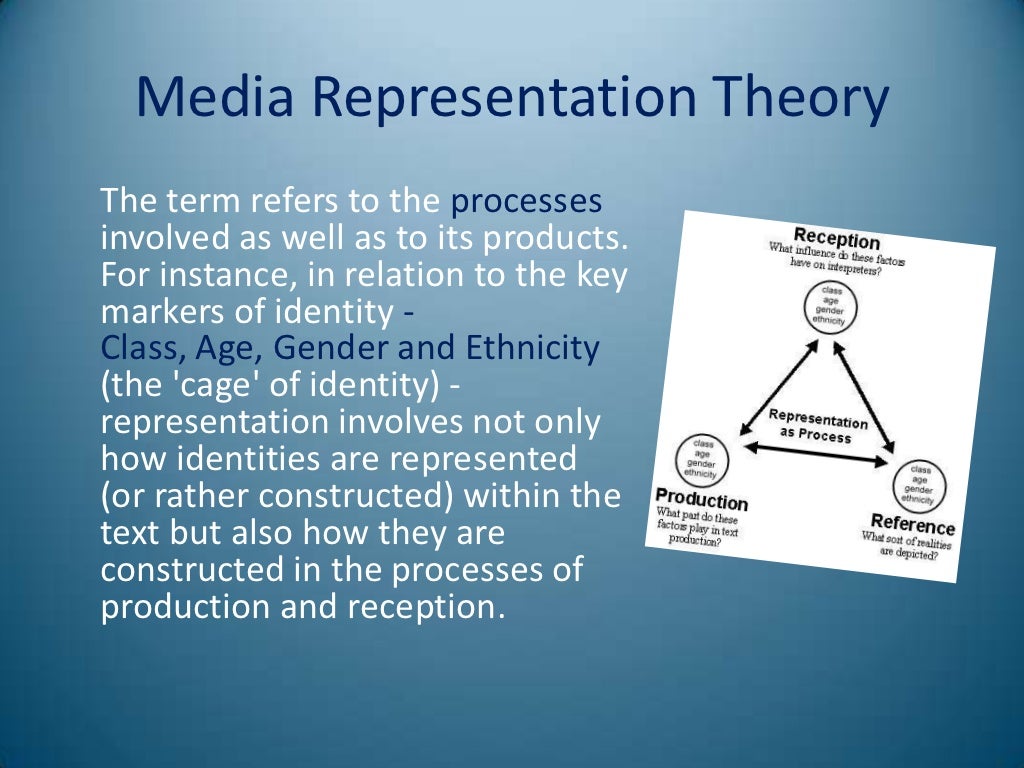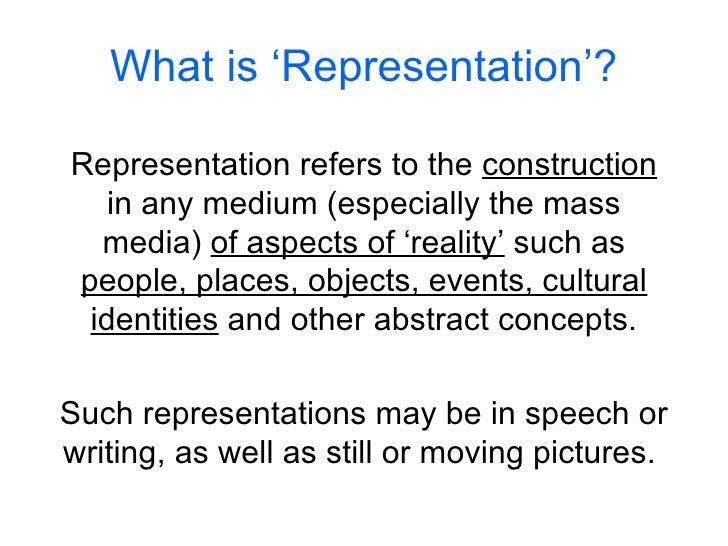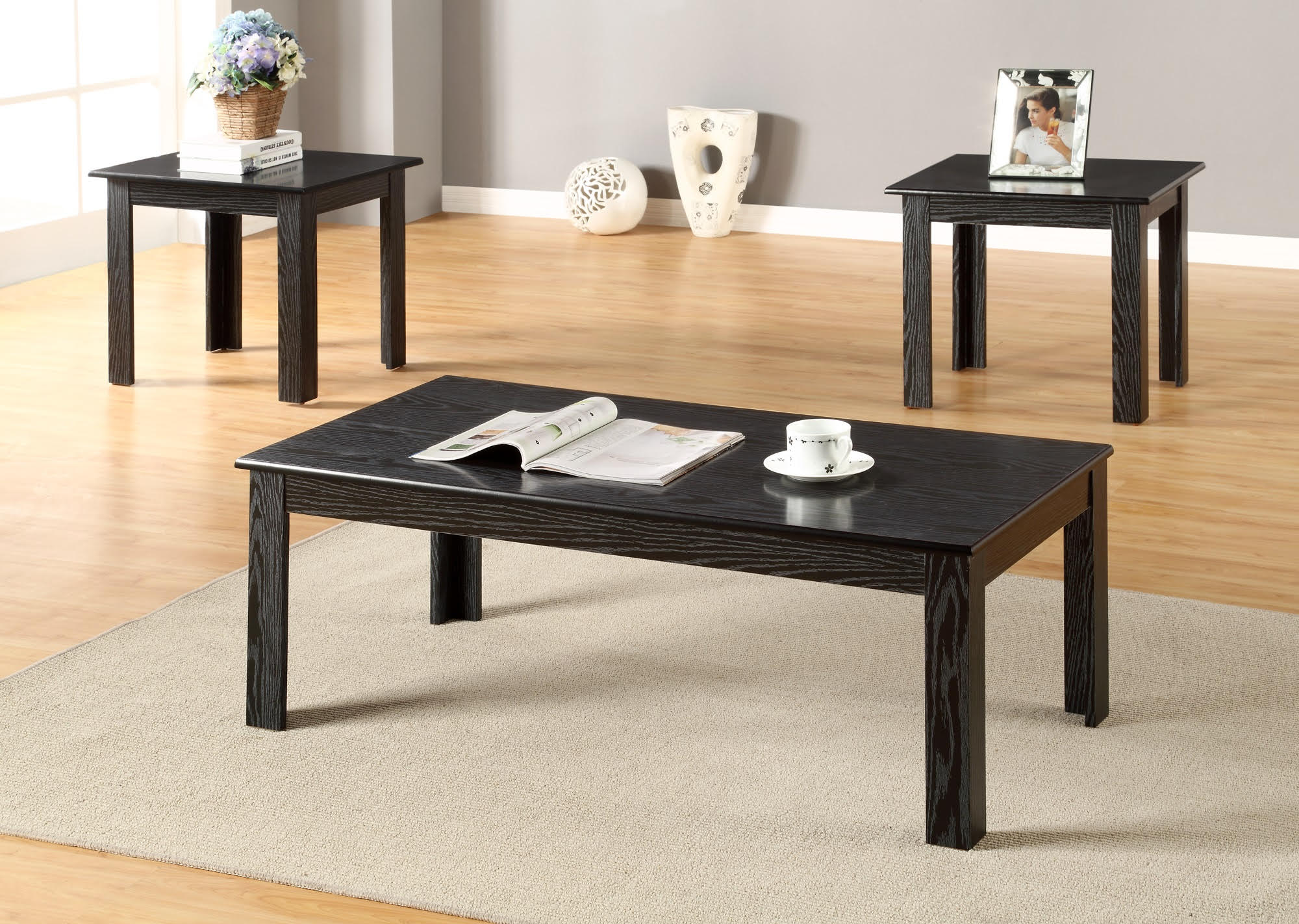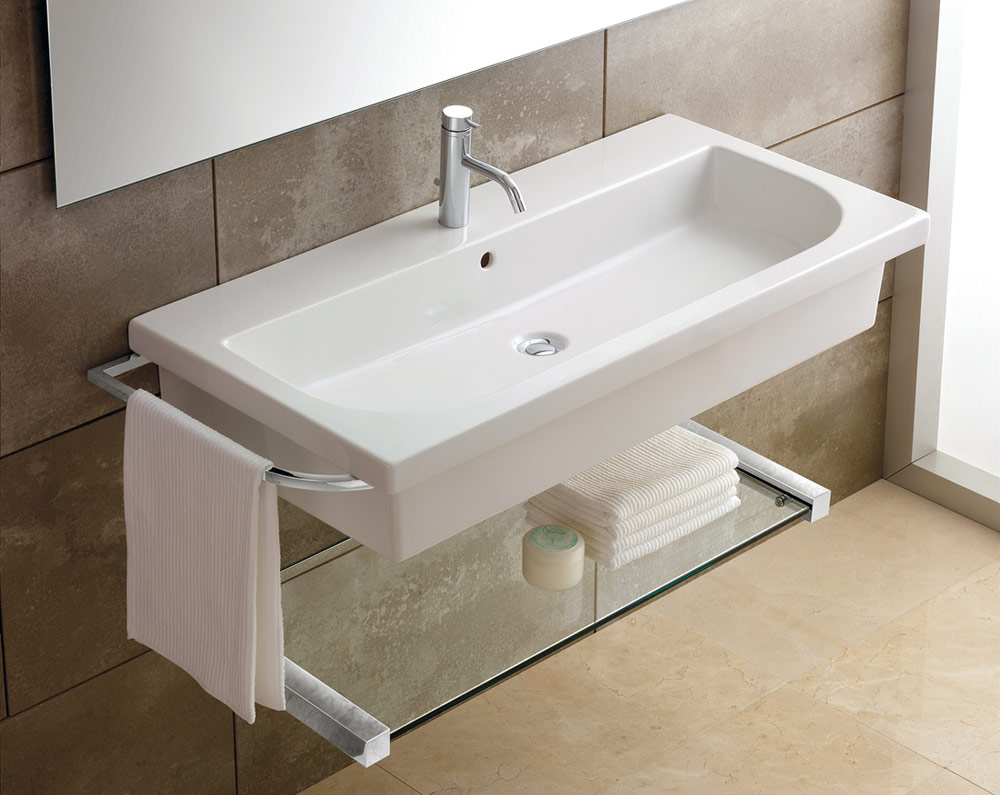Carrie Mae Weems: The Renowned African American Photographer
Carrie Mae Weems is a prominent African American artist who has made a significant impact in the world of photography. Born in 1953 in Portland, Oregon, Weems grew up in a family of nine children, and her love for art and photography was nurtured from a young age. She went on to study at the California Institute of the Arts and the University of California, where she honed her skills and developed a unique style that would eventually make her a household name in the art world.
The Kitchen Table Series: A Powerful Reflection of Domestic Life
The Kitchen Table Series is a collection of photographs that has become the hallmark of Carrie Mae Weems' career. This series, which was created between 1990 and 1992, features a series of staged photographs depicting everyday scenes at the kitchen table. Weems uses this series to explore themes of family, relationships, and domesticity, providing a powerful commentary on the role of women in the home and society.
Pushing the Boundaries of Photography
Carrie Mae Weems is known for her ability to push the boundaries of photography as an art form. She challenges traditional notions of photography and uses it as a medium for storytelling and social commentary. Weems' photographs are not just aesthetically pleasing, but they also have a strong message and purpose behind them. She uses her art to shed light on important issues such as race, identity, and representation, making her work not only visually striking but also thought-provoking.
Exploring African American Identity
As an African American artist, Carrie Mae Weems has always been interested in exploring themes of race and identity in her work. The Kitchen Table Series is no exception, as it features African American women in various domestic settings, challenging traditional representations of black women in art. Weems' photographs provide a platform for black women to be seen and heard, and she uses her art to break stereotypes and celebrate the diversity of African American identity.
Breaking Gender Stereotypes
The Kitchen Table Series also delves into the topic of gender roles and challenges traditional notions of what it means to be a woman. Weems' photographs depict women in various roles, from mother and wife to lover and friend. She shows that women are multifaceted and complex, and they should not be limited by societal expectations. Weems' work serves as a powerful reminder that gender roles should not define us, and we should be free to be whoever we want to be.
The Impact of Weems' Art
Carrie Mae Weems' art has had a significant impact on the world of photography and art in general. Her unique style and thought-provoking subject matter have earned her numerous accolades and awards, including the MacArthur Fellowship and the Congressional Black Caucus Foundation's Lifetime Achievement Award. Weems' work has also been exhibited in major museums and galleries around the world, solidifying her place as one of the most influential artists of our time.
A Journey into the World of Black Women
The Kitchen Table Series is not just about domestic life; it is a journey into the world of black women. Weems' photographs capture the struggles, joys, and complexities of being a black woman in a society that often marginalizes and silences their voices. Through her art, Weems gives a voice to black women and celebrates their strength, resilience, and beauty.
More Than Just Photography
Carrie Mae Weems' art goes beyond just photography; it is a form of activism and social commentary. She uses her platform to shine a light on important issues and start important conversations. Weems' photographs challenge the status quo and inspire viewers to think critically about the world around them. Through her art, she shows the power of photography to not only capture moments but also to make a difference.
The Legacy of Carrie Mae Weems
Carrie Mae Weems' impact on the art world and society as a whole cannot be denied. Her work has inspired countless artists and has brought important issues to the forefront. Weems' legacy will continue to live on, as her art will continue to be a source of inspiration and empowerment for generations to come.
In Conclusion
Carrie Mae Weems and her Kitchen Table Series have left an indelible mark on the world of art and photography. Through her unique style and powerful messages, she has challenged traditional notions and given a voice to marginalized communities. Weems' work serves as a reminder of the power of art to shape and change the world, making her a true pioneer in her field.
The Power of Representation: Exploring Identity and Community in Carrie Mae Weems' "Kitchen Table Series"
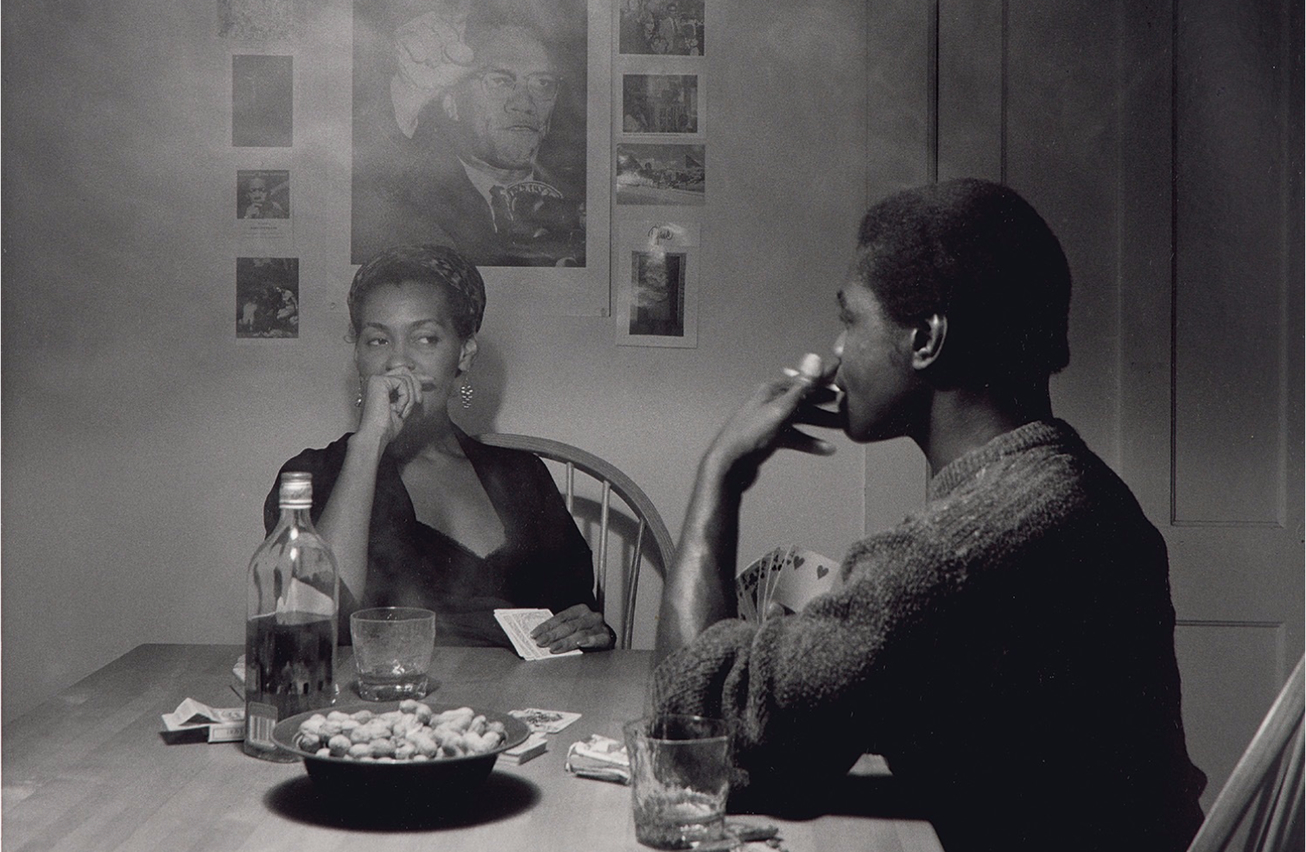
A Revolutionary Perspective on House Design
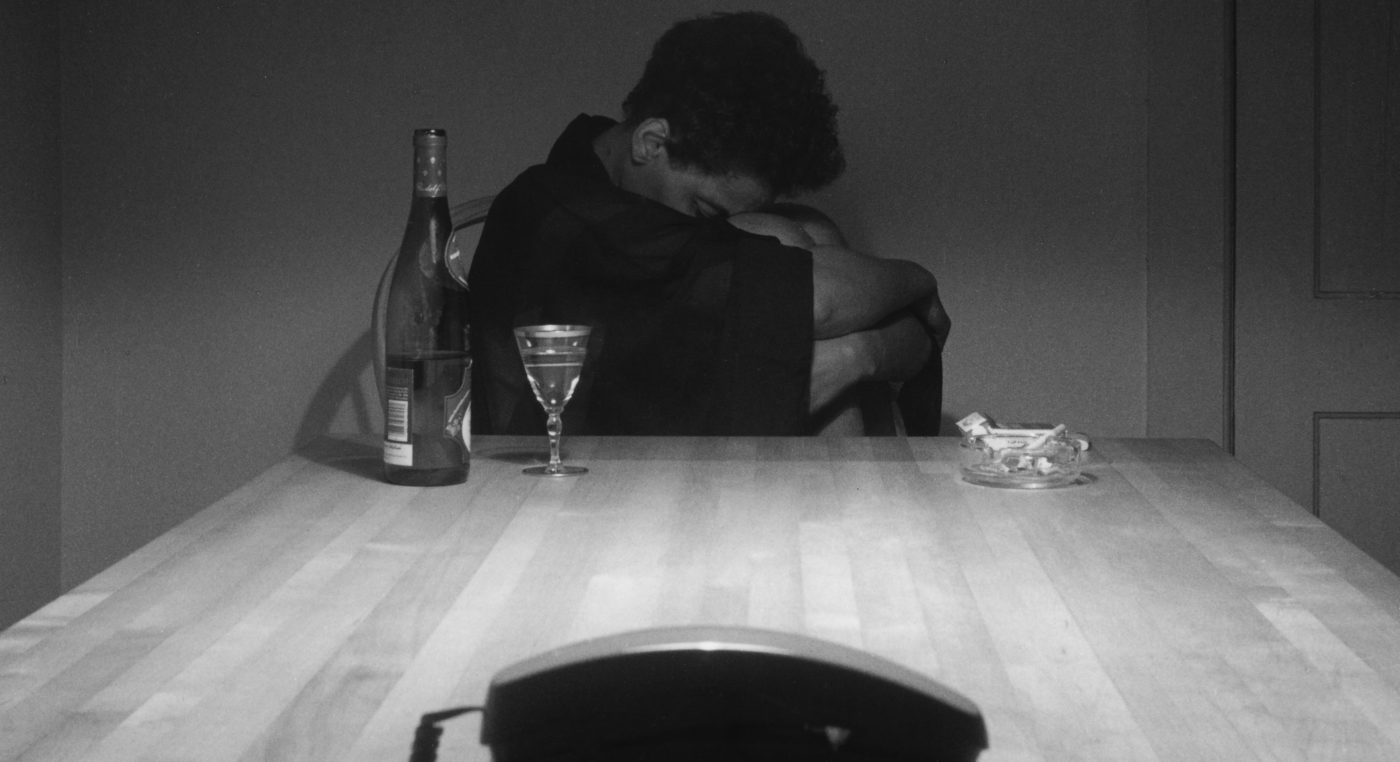 The "Kitchen Table Series" by renowned African American artist Carrie Mae Weems is a groundbreaking photographic collection that challenges traditional notions of house design. Through a series of staged photographs taken in her own kitchen, Weems explores the complexities of identity, relationships, and community within the domestic space. Using her own body as the central figure, Weems presents a powerful and thought-provoking commentary on the intersections of race, gender, and class.
Representation
is a central theme in Weems' work, and the kitchen table serves as a symbolic and literal site for the construction of identity. The kitchen, traditionally seen as a space for women and domestic labor, becomes a stage for Weems to confront and deconstruct societal expectations and stereotypes. With each photograph, Weems challenges the viewer to question their own preconceived notions and biases surrounding house design and the roles that individuals play within it.
In addition to challenging gender roles,
identity
is a prominent theme in the "Kitchen Table Series." Weems uses her own body as a means of exploring the complexities of Black womanhood and the ways in which it is both celebrated and marginalized within society. Through her deliberate use of lighting, composition, and props, Weems creates a narrative that is simultaneously personal and universal, inviting viewers to see themselves reflected in her work.
The
community
aspect of the series is also significant, as Weems includes other individuals in the photographs to represent the relationships and dynamics within the domestic space. By incorporating others into the scenes, Weems challenges the idea of the kitchen table as a site of isolation and instead portrays it as a space of connection and shared experiences. This subversion of traditional house design and familial roles ultimately challenges societal norms and calls for a reimagining of the home as a place of inclusivity and community.
In conclusion, Carrie Mae Weems' "Kitchen Table Series" offers a revolutionary perspective on house design by challenging traditional notions of representation, identity, and community within the domestic space. Through her powerful and thought-provoking photographs, Weems invites viewers to critically examine their own perceptions and biases, ultimately promoting a more inclusive and diverse understanding of house design and its significance in our lives.
The "Kitchen Table Series" by renowned African American artist Carrie Mae Weems is a groundbreaking photographic collection that challenges traditional notions of house design. Through a series of staged photographs taken in her own kitchen, Weems explores the complexities of identity, relationships, and community within the domestic space. Using her own body as the central figure, Weems presents a powerful and thought-provoking commentary on the intersections of race, gender, and class.
Representation
is a central theme in Weems' work, and the kitchen table serves as a symbolic and literal site for the construction of identity. The kitchen, traditionally seen as a space for women and domestic labor, becomes a stage for Weems to confront and deconstruct societal expectations and stereotypes. With each photograph, Weems challenges the viewer to question their own preconceived notions and biases surrounding house design and the roles that individuals play within it.
In addition to challenging gender roles,
identity
is a prominent theme in the "Kitchen Table Series." Weems uses her own body as a means of exploring the complexities of Black womanhood and the ways in which it is both celebrated and marginalized within society. Through her deliberate use of lighting, composition, and props, Weems creates a narrative that is simultaneously personal and universal, inviting viewers to see themselves reflected in her work.
The
community
aspect of the series is also significant, as Weems includes other individuals in the photographs to represent the relationships and dynamics within the domestic space. By incorporating others into the scenes, Weems challenges the idea of the kitchen table as a site of isolation and instead portrays it as a space of connection and shared experiences. This subversion of traditional house design and familial roles ultimately challenges societal norms and calls for a reimagining of the home as a place of inclusivity and community.
In conclusion, Carrie Mae Weems' "Kitchen Table Series" offers a revolutionary perspective on house design by challenging traditional notions of representation, identity, and community within the domestic space. Through her powerful and thought-provoking photographs, Weems invites viewers to critically examine their own perceptions and biases, ultimately promoting a more inclusive and diverse understanding of house design and its significance in our lives.

.jpg?mode=max)



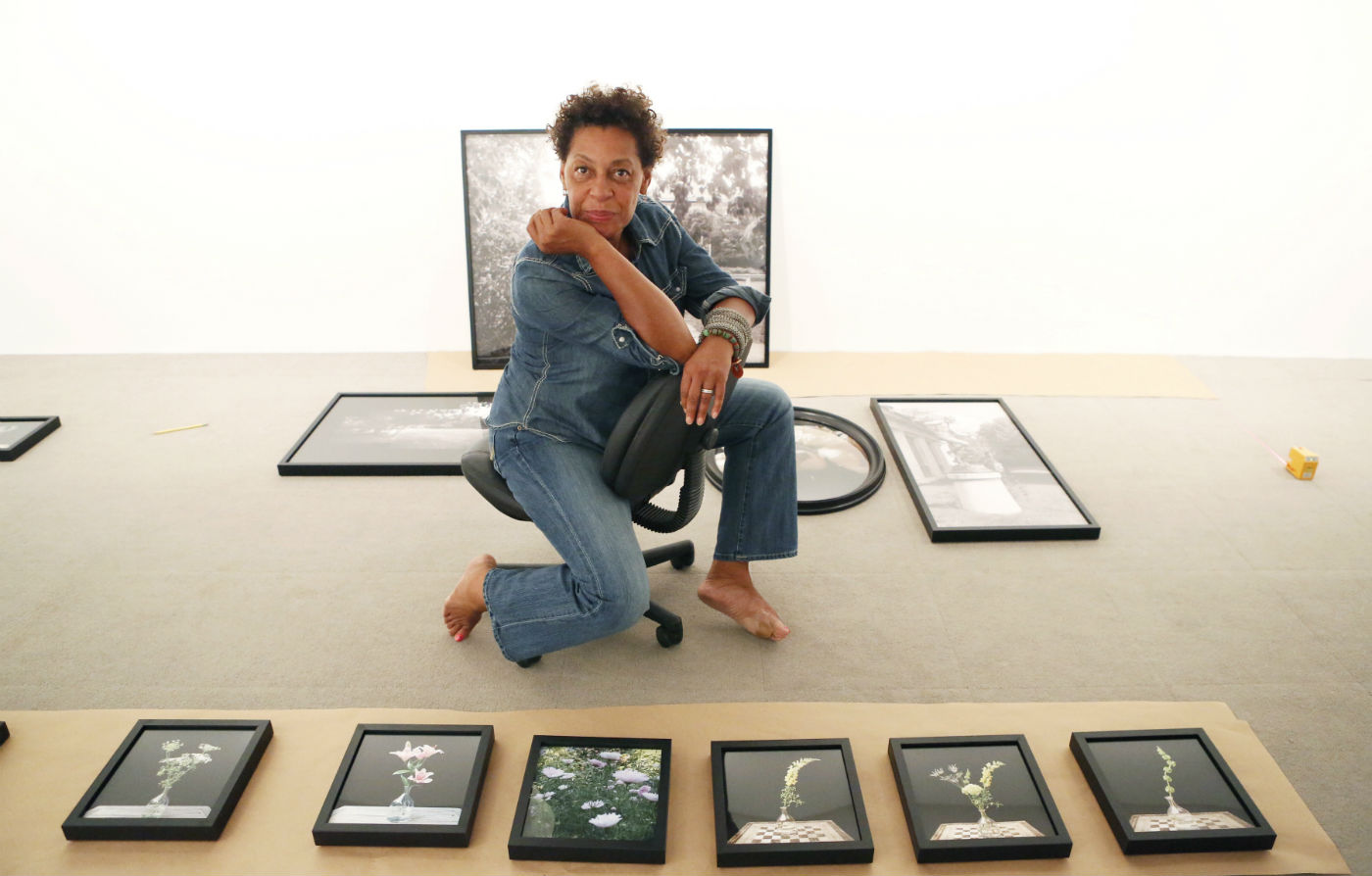










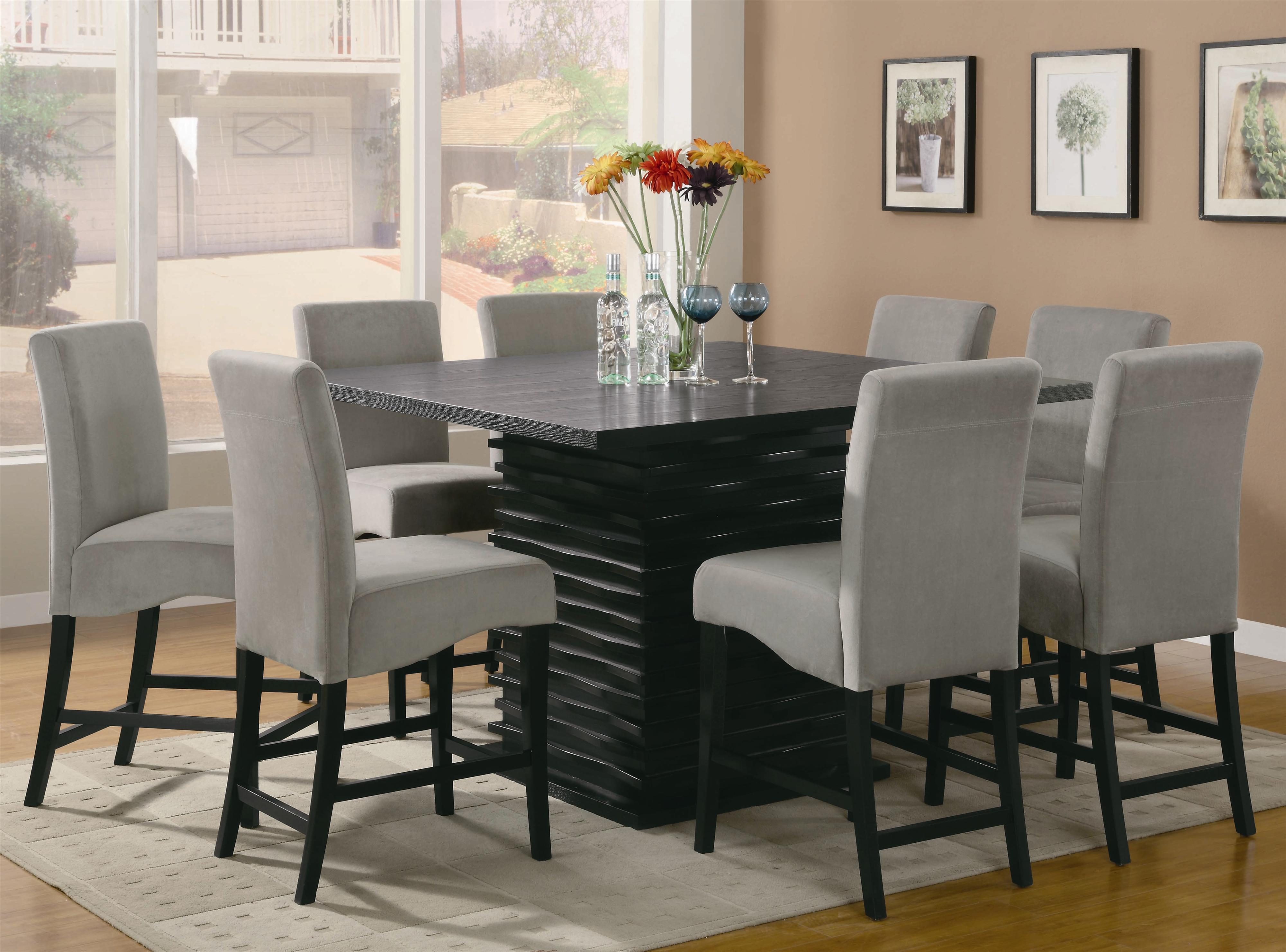
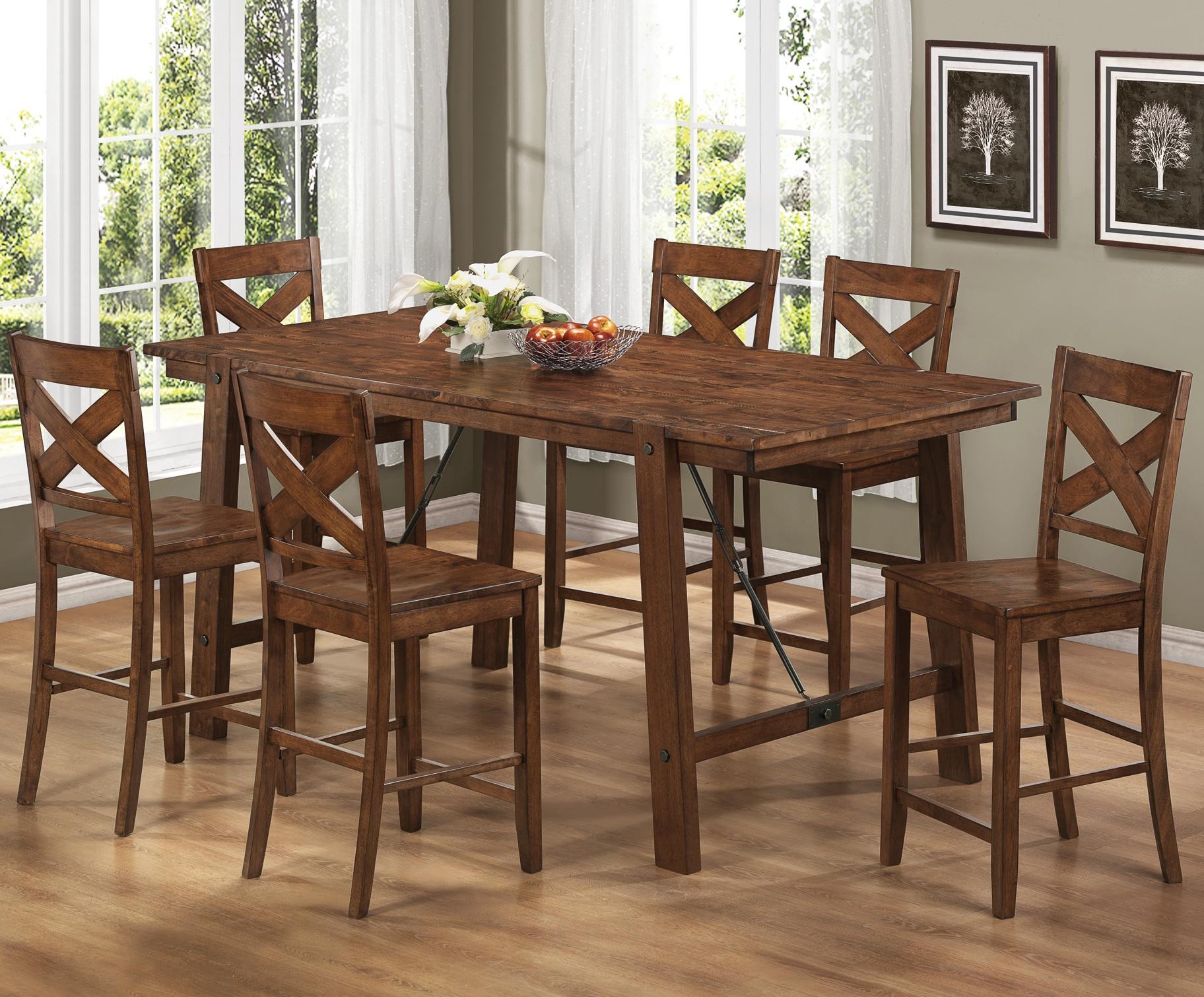
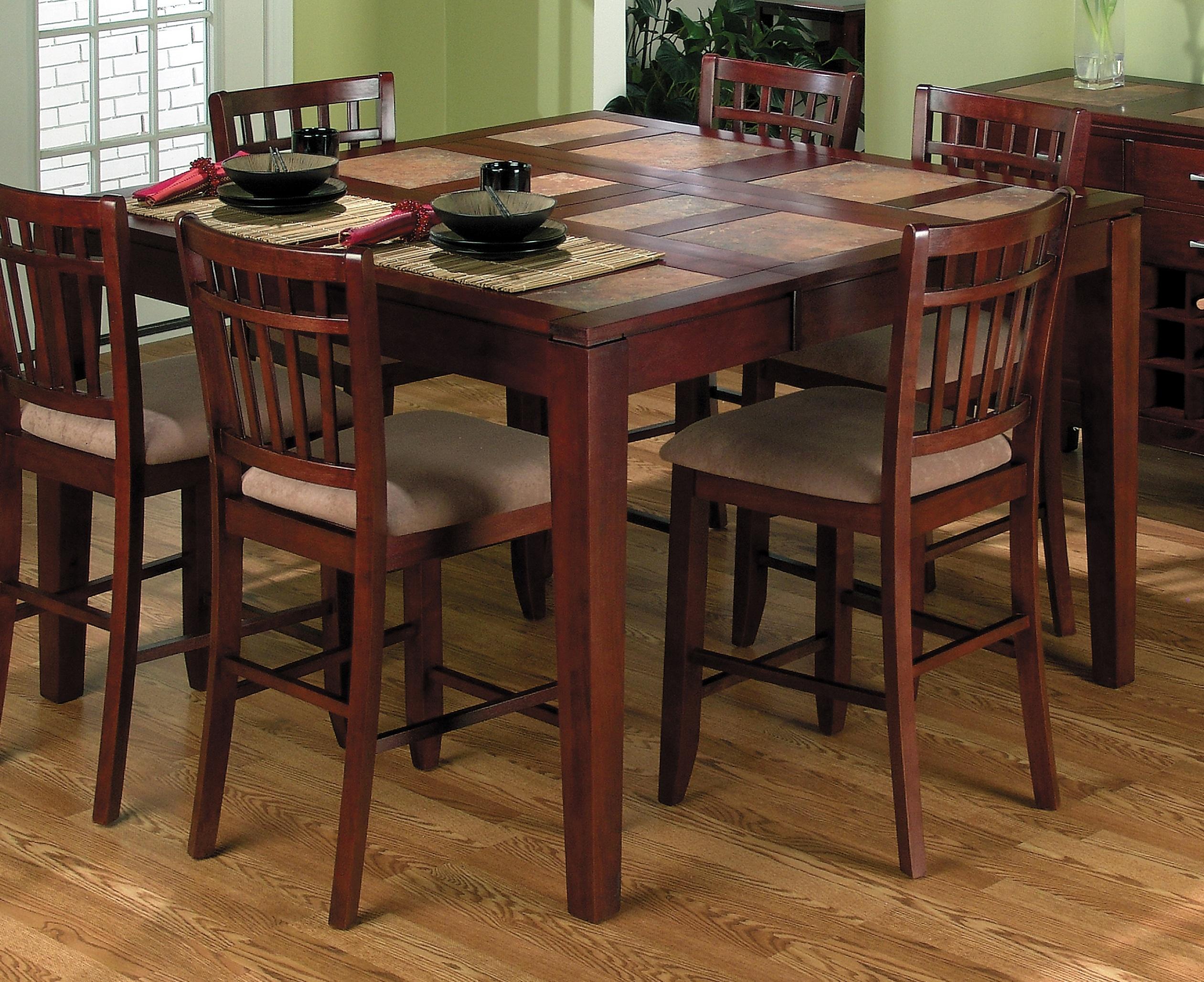



































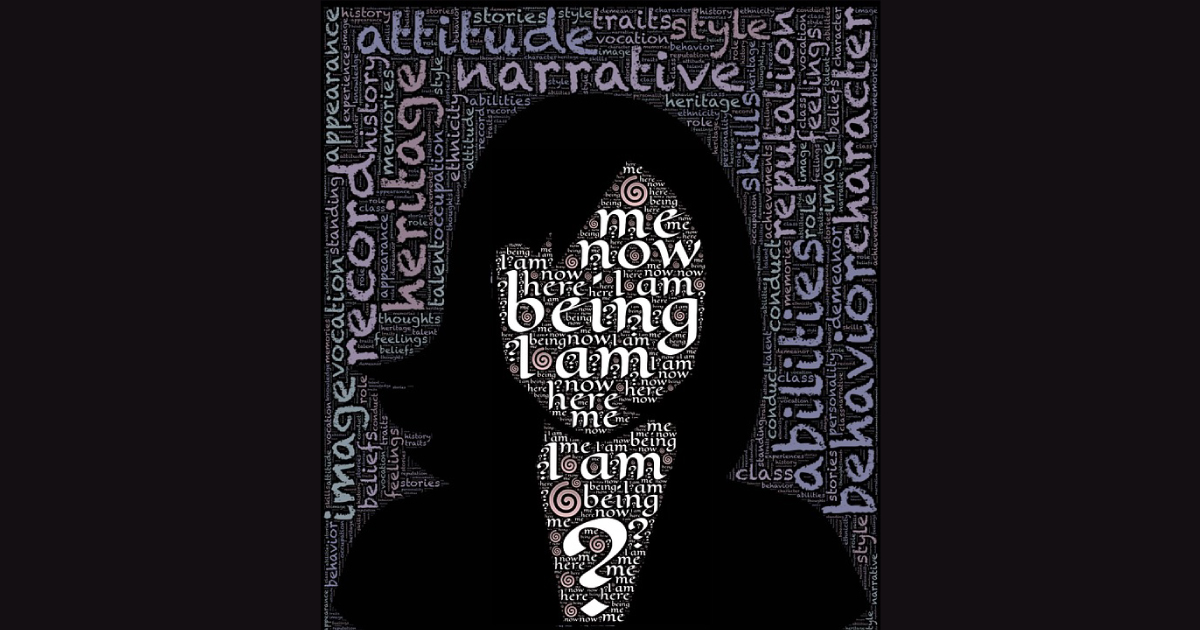

























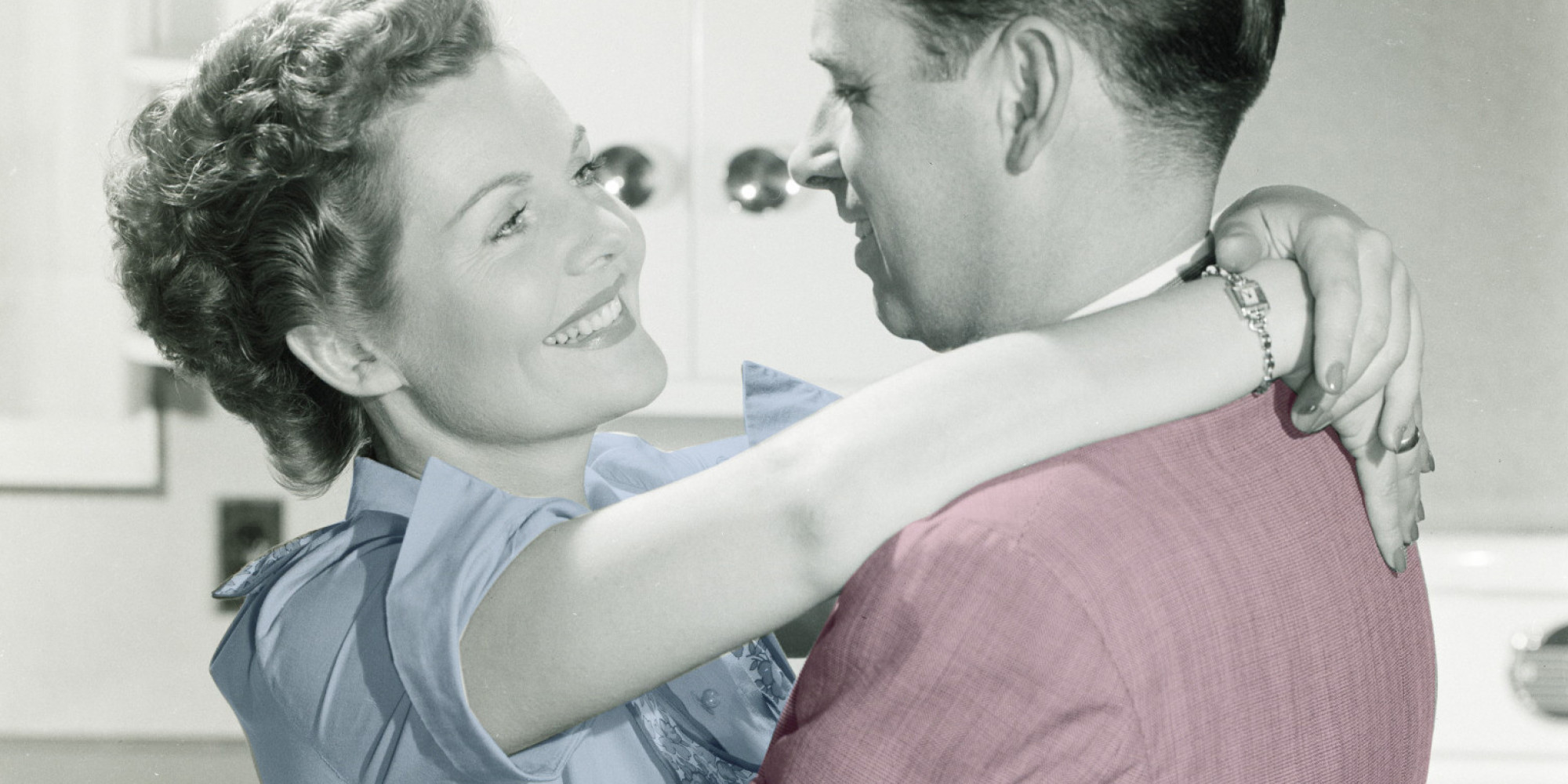












From_Bijin-ga_(Pictures_of_Beautiful_Women)%2C_published_by_Tsutaya_Juzaburo_-_Google_Art_Project.jpg)







